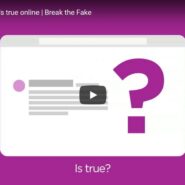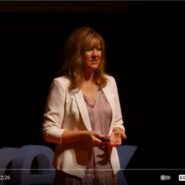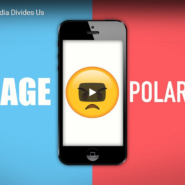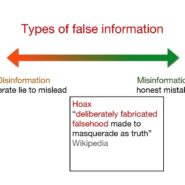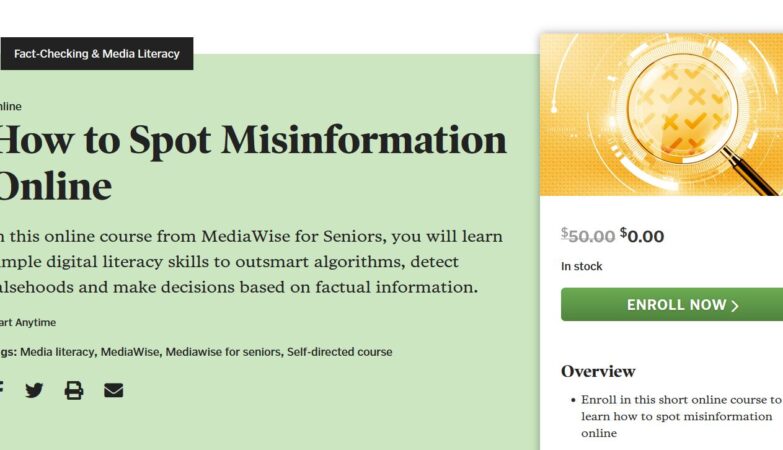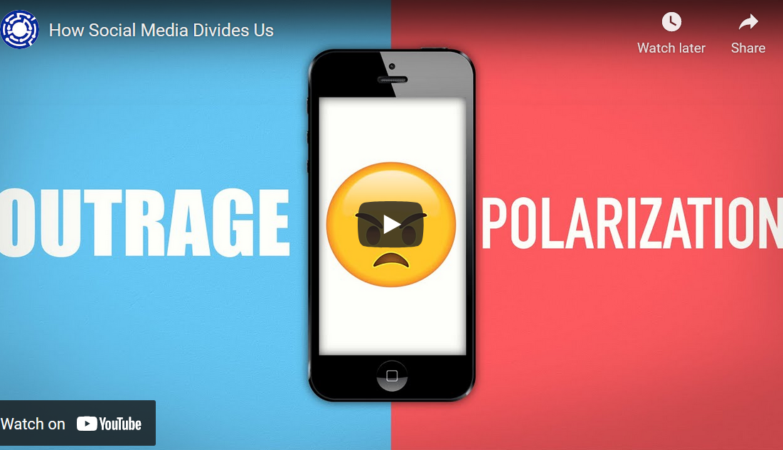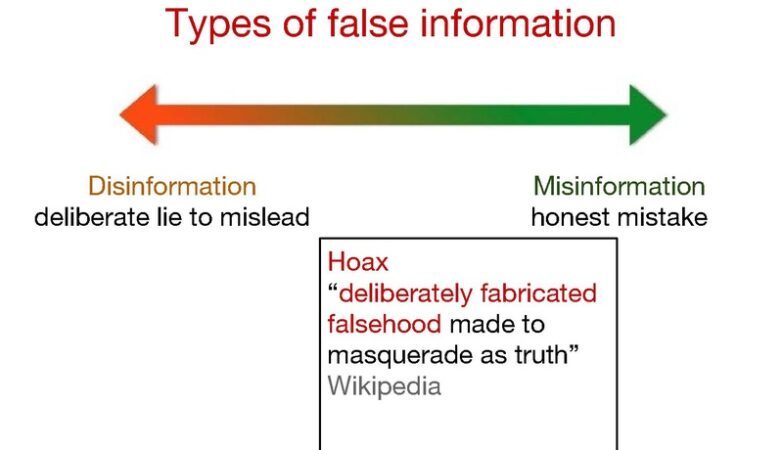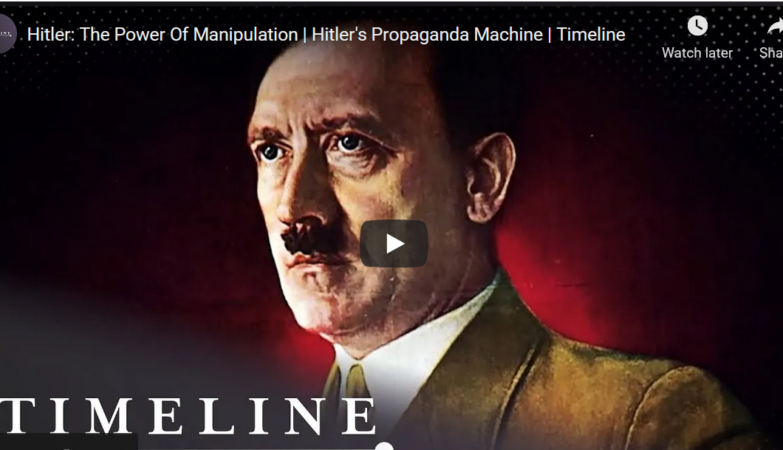Media Literacy means the ability to consume information critically, and tell Fact from Falsehood. These days, we all need to enhance our Media Literacy and ability to check sources and fact-check, so that we can better protect ourselves and our families from bad misinformation.
Fact Checking Tools
Here are a few of the reputable Fact-Checking Tools available online:
(Just search for particular content you have read, seen or heard, to see if has been fact-checked and, if so, whether it has been found True, Mostly True, Mostly False, or False):
- Snopes.com, an independent, non-partisan website;
- Politifact.com, a Pulitzer Prize winning website by the Poynter Institute that rates the accuracy of claims by elected officials;
- FactCheck.org, a Project of The Annenberg Public Policy Center
- bit.ly/fact-search, a custom fact-checking search engine by MediaSmarts – search results from multiple Fact-Checkers at once.
- AP Fact Check, a list and summary of recent news stories fact-checked by Associated Press.
- Verify, a fact-checking website run by local broadcaster Tegna. Unlike other fact-checking services, Verify focuses primarily on fact-checking videos.
These are just a few of the reputable nonpartisan organizations that provide Fact Checking Tools. You can use these tools to search for particular content you see in Media, Facebook or other social media, to find out whether it has been fact-checked, and if so whether it has been found to be True, Mostly True, Mostly False, or False.
If you would like to recommend additional Fact-Checking Tools to us, please Contact us »
Media Literacy – Video Classes & Info to Help You be a Smart Media Consumer, and Not Be Duped
Click on any Icon to view the Video or Article:
Related Subjects
See more of our latest reporting on all of these subjects, further below.

